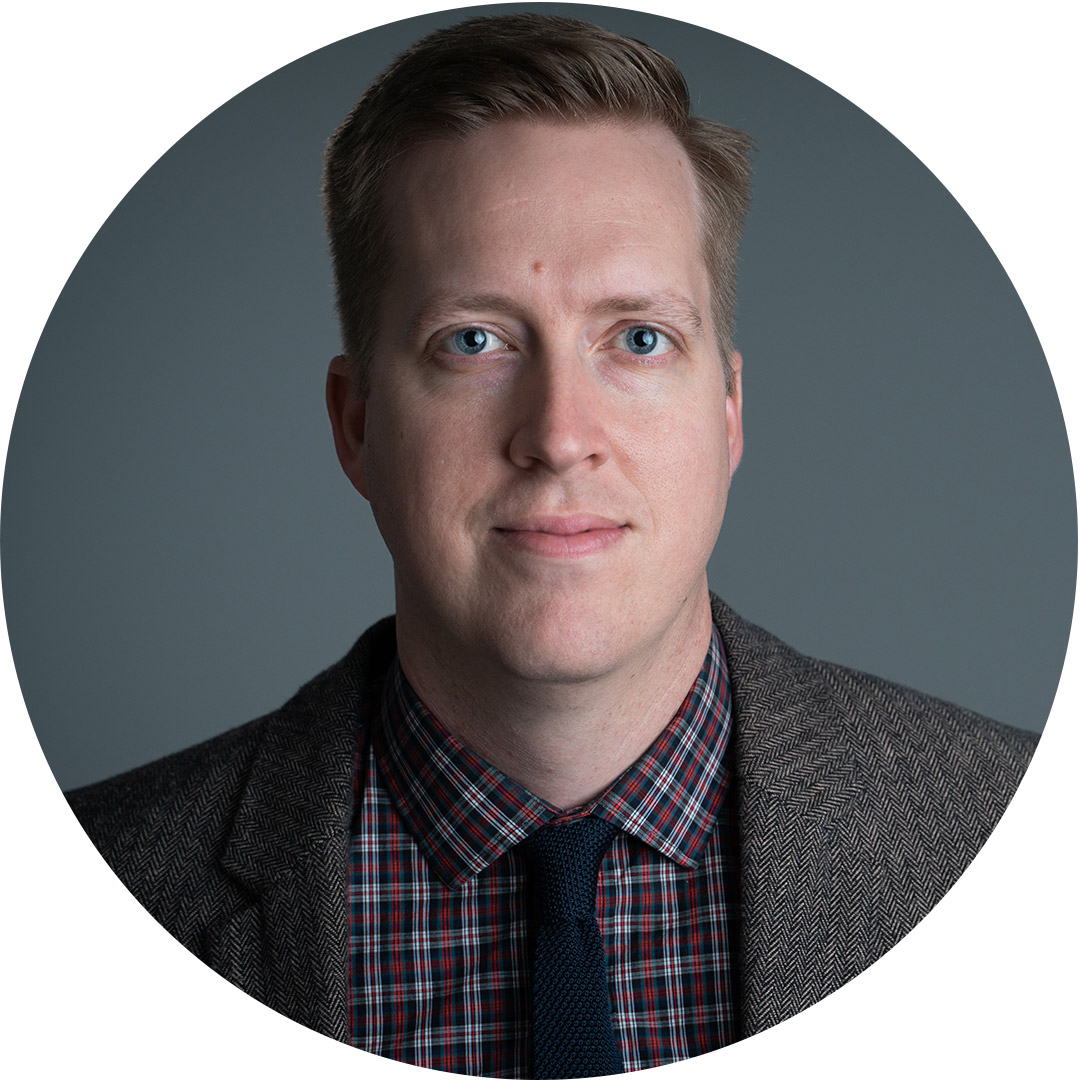Legacy is a complex subject. Is it something we should obsess over? Should we forget about it entirely and only focus on the present moment? Either way, it is helpful to think about legacy alongside the terms “intentional” and “accidental.” Whether we intend to or not, we are going to leave a legacy. What kind of legacy will you leave behind?
In the musical Hamilton, Lin Manuel-Miranda defines legacy as “planting seeds in a garden you may never get to see.” The interesting thing about a legacy is that we might never know we had one. It’s not uncommon for artists, authors, musicians, composers, etc. to become posthumously successful. That means that during their lives, they had no idea anyone would care about their work, and yet, their work went on to shape the future. The poetry of Emily Dickinson is widely studied and still influential today, but it was unpublished during her life. She never knew the impact she would make.
Legacy does not always follow such a grand pattern. Sometimes, our legacies are more personal. I think of the impact of a grandparent on their grandchildren and future grandchildren. I can’t wait to tell my sons stories about Earl Haulk, my papa. In the nine years that I knew him, he left an indelible mark on me. That’s legacy.
What kind of legacy will you leave behind?
As we prepare to celebrate Father’s Day (and having just celebrated Mother’s Day), we can never miss the fact that for a parent, legacy starts at home. Before we are consumed with reaching out to the world, our first spheres of influence are spouses and children. We are given ample opportunity to mark the lives of those closest to us. Let’s not waste it.
But some of us don’t have children or spouses, so how can we leave a legacy? Look around you, there’s no shortage of opportunity. Many individuals do not have a relationship with their biological parents. Or perhaps there is relationship, but not the kind you want to build a legacy from. In the Church and out of the Church, there are hearts longing to feel the value that a mentor or spiritual parent can offer.
Indeed, the most important legacy we can leave behind is a spiritual one. In discipling relationships, I have often heard individuals talk about those who discipled them. They’ve been marked by these spiritual relationships. As they now disciple others, they are creating a legacy of disciples, and that’s true for all of us. I’m a disciple of Jesus by way of: Phillip and Holly Bland, Steve Seaton, Rob Wiedell, Ken Young, Brandon and Shelley Groves, Adrian Hinkle, Vera Griffin, Hubert and Madeline Bland, Earl and Ruth Haulk, and so many others. I’m a part of their spiritual legacy.
What kind of legacy will you leave behind?
Genealogies play a significant part in the Bible. Modern western culture, with its emphasis on independence and hard work, is not often interested in the history of where someone comes from. But genealogies tell us about our family legacy. Hearing stories from the lives of our ancestors encourage and inspire us to go make our own marks on the world. We learn from them. And this is true in our spiritual lives as well. I wouldn’t be writing this article now, if it wasn’t.
Accidentally or intentionally, we will leave a legacy behind. I hope that you are challenged to choose to be intentional. Today, we have the opportunity to see who’s in front of us. All we must do is look up. They’re waiting for us.
A final note on playing a part in someone’s life:
We are faced with choices each and every day. Will we invest in those around us or hoard our energies for ourselves and our own interests? An elementary grasp of the teachings of Jesus will tell us that investing in others is the wisest course, but if you’ve ever put money in the stock market, you know that every investment is not guaranteed a return. Sometimes, we tell ourselves that if we will invest, then the person on the other side of us is “obligated” to respond to our efforts. We demand a return from them. However, that robs them of their own agency – the right to choose. They are a uniquely created, made in the image of God, person. God gave each of us free will, and He does not force us to respond. We cannot demand a response either. Sometimes, people will receive our years of investment, and they will still choose to do their own things. Or we might never see the results of our efforts. Someone else may have that privilege. All we can do is entrust each individual to God’s care, because we never know what part we might play in a person’s life.
Click here to watch Johnny Bland's session entitled "An Unbroken Chain of Disciples" from Bridging Our Ministries 2021.

Rev. Jonathan (Johnny) Bland is originally from North Carolina but made his way to Oklahoma in 2006. Johnny graduated from Southwestern Christian University in 2010 with a B.S. in Biblical Studies. In 2012, he graduated from Southern Nazarene University with his M.A. in Theology. Before working at the GMC, Johnny worked for eight years in Higher Education as an instructor and Campus Pastor. He is a lover of music, theater, and sings in an a capella group called Wild and Sweet.
Johnny lives in Yukon, OK, with his wife and best friend, Beccah. They have two sons named Oliver and Ander, who are their greatest delights.


